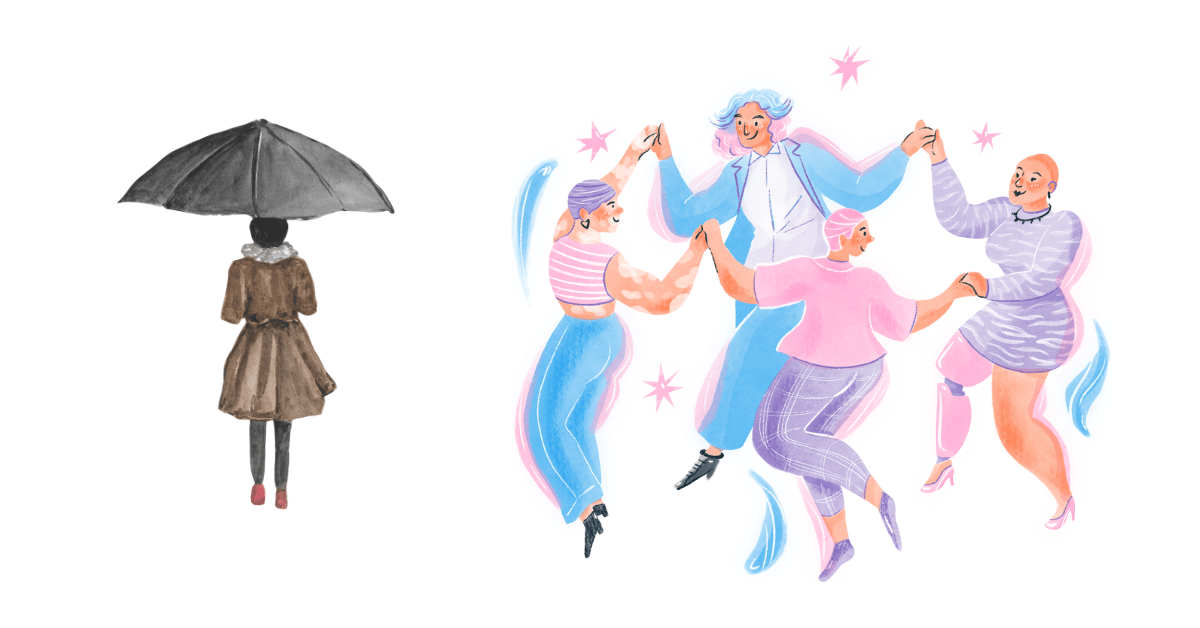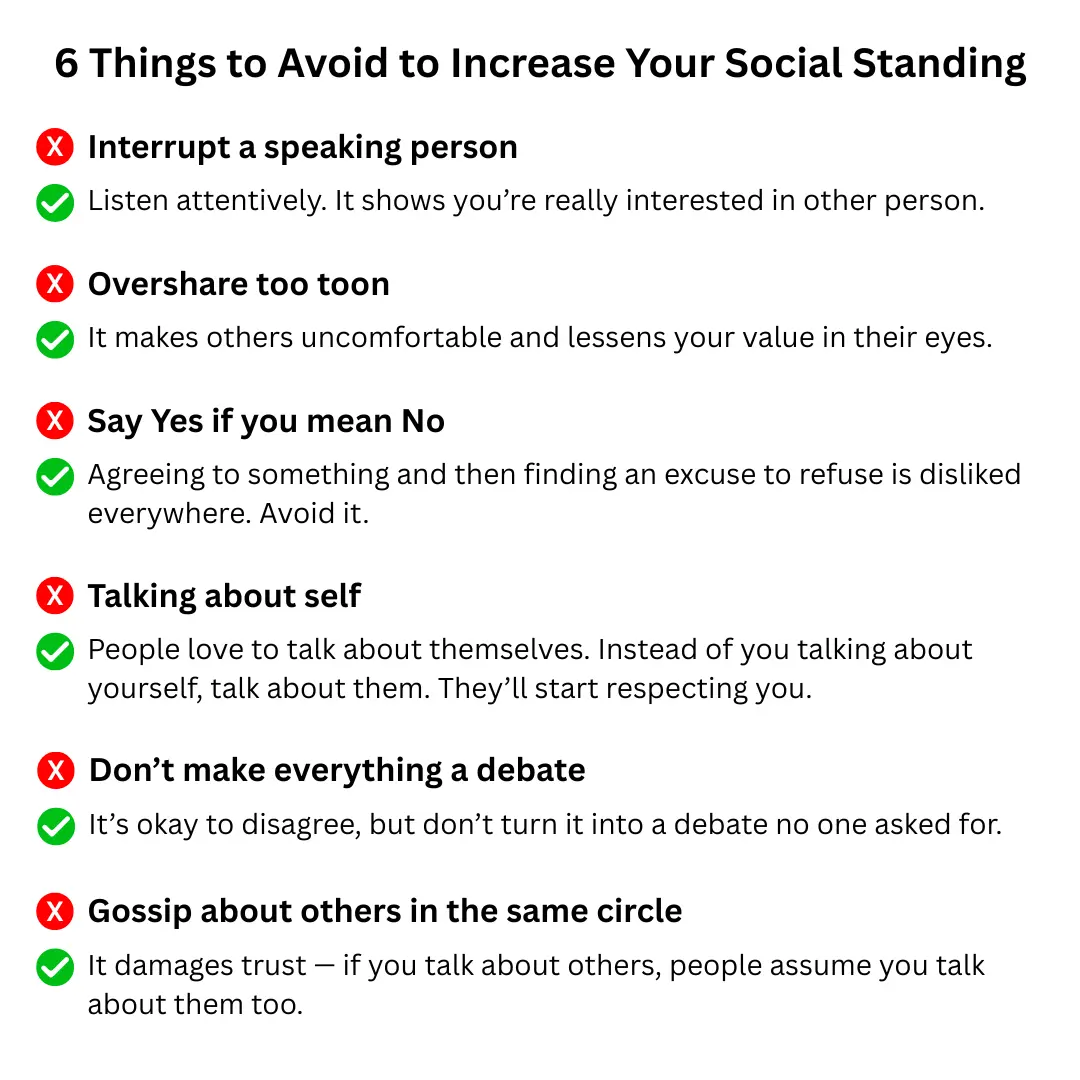Let’s be brutally honest: your social life might be the reason you’re not mentally okay.
Yeah, you heard that right.
The very people you spend time with, talk to, hang out with—or worse—try to impress, might be the ones draining your energy, confidence, and self-worth.
You’re not depressed because you’re broken. You’re depressed because you feel lonely even when surrounded by people. That’s not loneliness. That’s social starvation.
We’ve all been there. In school. At work. In family gatherings. Pretending. Smiling. Nodding. Acting like everything’s cool when deep down, your mental self is whispering:
“Why the hell are we around these people?”

This is your ultimate guide to understanding how your social life impacts your mental health—and how to fix it. We’ll explore toxic social patterns, signs to watch for, and step-by-step ways to detox and rebuild a mentally healthier social life.
The Social Lie You’ve Been Fed
We grow up believing that having a good social life means being surrounded by people, going out, having “plans” for the weekend, being active in group chats, attending weddings, parties, dinners, you name it.
But you know what’s worse than being alone? Being with the wrong people.
When your social energy is constantly being wasted on shallow connections, fake friendships, toxic relatives, competitive colleagues, or just people who don’t vibe with your soul—you’re bound to feel anxious, drained, and empty.
This constant exposure to artificial bonding kills your ability to connect deeply. You start to lose the ability to just be—without performing.
You’re not yourself anymore. You’re a curated version of yourself just to stay socially acceptable. And that’s where your mental health takes the hit.
Toxic Social Life Norms That Are Ruining You
- “Don’t be rude, just go.”
You don’t want to go to that event. You don’t like the people. You’re tired. But you still show up, because you don’t want to be rude. What about being rude to yourself? - “Everyone is on social media.”
You’re addicted to updates. To scrolling. To likes. To responding. But why? Because you think if you’re not online, you’ll disappear socially. Guess what—your real self is already disappearing. - “Talk to more people, you’ll feel better.”
No. Talking to more people won’t fix the void created by not having the right people. - “You’ll feel worse if you isolate.”
True. But isolating isn’t the problem. Isolating without purpose is. Intentional solitude is healing. Forced interaction is damaging.
Signs Your Social Life Is Killing Your Mental Peace
- You feel more drained after meeting people than before
- You avoid calls and texts but feel guilty later
- You feel the need to perform or pretend when you’re around people
- You keep making plans but cancel last minute
- You have dozens of contacts, but no one to call when you’re really low
- You can’t enjoy solitude because your mind is overstimulated
If you nodded to any of these, your mental health is being compromised by your social environment.
The Psychology Behind Social Exhaustion
Our brains aren’t designed to deal with this many social inputs. Back in the day, we had a tribe. 10-15 close connections. That was enough.
Today, we have 500 Instagram friends, 100 WhatsApp chats, endless Zoom meetings, and a dozen groups we don’t even remember joining. The result?
Cognitive overload.
Your brain is trying to filter who matters and who doesn’t. Who’s judging and who’s not? Who’s watching your story? Who’s replying? Who’s ignoring? All that mental noise creates social anxiety. And eventually, emotional burnout.
The Quiet Guilt of Not Fitting In
Let’s get real.
You don’t feel comfortable in groups. You can’t keep up with small talk. You feel emotionally heavier after talking to people who should’ve uplifted you.
So what do you do? You fake it. You blend in. You try harder.
And then blame yourself for feeling fake. This cycle is toxic as hell.
You feel bad for being distant, then feel worse for being too available. You start thinking something’s wrong with you.
No. What’s wrong is your environment. Your soul’s not weak. It’s misplaced.

Detoxing Your Social Life: A Mental Reboot
Here’s how to fix it, step by step:
1. Audit Your Circle
Take a pen and paper. Write down the names of people you interact with weekly. Now ask:
- Does this person energize me or drain me?
- Can I be 100% real with them?
- Do they make me anxious?
- Do they respect my boundaries?
It’s understandable if you don’t feel right doing that. That’s the cue that says you’ve been focused too much on trying to be better outside while you’re killing your inner self. Do this activity for everyone, even your family members.
2. Create Three Circles
Make three zones:
- Core Circle – People you trust deeply. You can share ideas, beliefs, and thoughts with them without being judged.
- Comfort Circle – These are people who are entertaining and support you whenever you need them.
- Cut Circle – People you should avoid or detach from. These are the people who talk behind your back, who insult you when a third person is around, who don’t value your opinion, who constantly avoid your ideas, and who call you only when they need you and ignore you when you need them.
Yes, it’s hard. But mental peace comes with emotional hygiene.
3. Learn The Power of Saying NO
Stop showing up for events, calls, favors, or people out of guilt. Guilt is not a healthy reason to stay connected. If you don’t want to go somewhere or do something, saying ‘yes’ is the worst thing you can do for your mental peace.
Every time you say yes to someone or something toxic, you say no to your peace.
4. Replace Quantity With Quality
You don’t need 20 people. You need 2-3 real ones. People who get you without explanation. People you can talk to without wearing a mask.
One honest conversation is worth more than a hundred fake laughs.
5. Unfollow, Mute, Block. Without Apology.
If someone’s stories, posts, or online presence is messing with your mental energy, remove them. Social media is a mental battlefield. Control what you let in and always remember, more than 50% of what you hear and see on Social Media is fake. Almost everyone shares their so called “knowledge” just for followers and views and thereby money.
The content you’re reading right now, what makes you think it’s accurate and for your benefit? You don’t. You will only find out the accuracy when you practice these things, and it helps you. If it doesn’t, you’ll know that this is a bunch of bullshit.
Don’t get emotionally attached to the content you read online. Believe me, nothing is more stressful than watching the fake people show their fake lives.
How to Rebuild a Healthy Social Life
One important thing to keep in mind is that when you start detoxifying, you’ll feel empty inside. You may feel depressed. That’s normal. It’s the withdrawal phase. Your mind is not able to figure out what to do with the time that you’ve just gained. This is the perfect time to rebuild and retrain your mind for a better mindset.
Here’s how you rebuild from there:
1. Focus on Shared Values, Not Shared Interests
You can like the same movies and still be mentally incompatible. Look for people who value honesty, growth, peace, and depth, not just hobbies. Your friends and family don’t have to be exactly like you.
2. Join Low-Key Communities
Look for safe spaces—online or offline—where you don’t have to perform. Book clubs. Hobby forums. Therapy groups. Mental health circles. Go where authenticity is welcome.
3. Reconnect With Old Souls
Sometimes, the real ones were already in your life. Reconnect. Reach out with vulnerability. If it’s meant to be, it will feel light, not forced.
4. Practice Solitude to Attract the Right People
When you’re comfortable being alone, you attract people who are also at peace with themselves. That creates the healthiest bond possible. You don’t have to change yourself just to be part of the group. Just be yourself, and the group most compatible with you will be formed automatically.
Closing Thoughts: You’re Not Anti-Social, You’re Anti-Bullshit
It’s okay to not vibe with people. It’s okay to outgrow social circles. It’s okay to walk away from friendships that no longer align.
You’re not cold. You’re not mean. You’re just healing.
And healing requires space. Real space. Mental silence. And emotional honesty.
Your mental health matters more than your social availability.
Stop performing.
Start protecting.
The right ones will find you when you’re done pretending.
Ready to detox your mind and reclaim your peace?
Check out our full Mental Health hub for guides on anxiety, emotional burnout, overthinking, and more.

